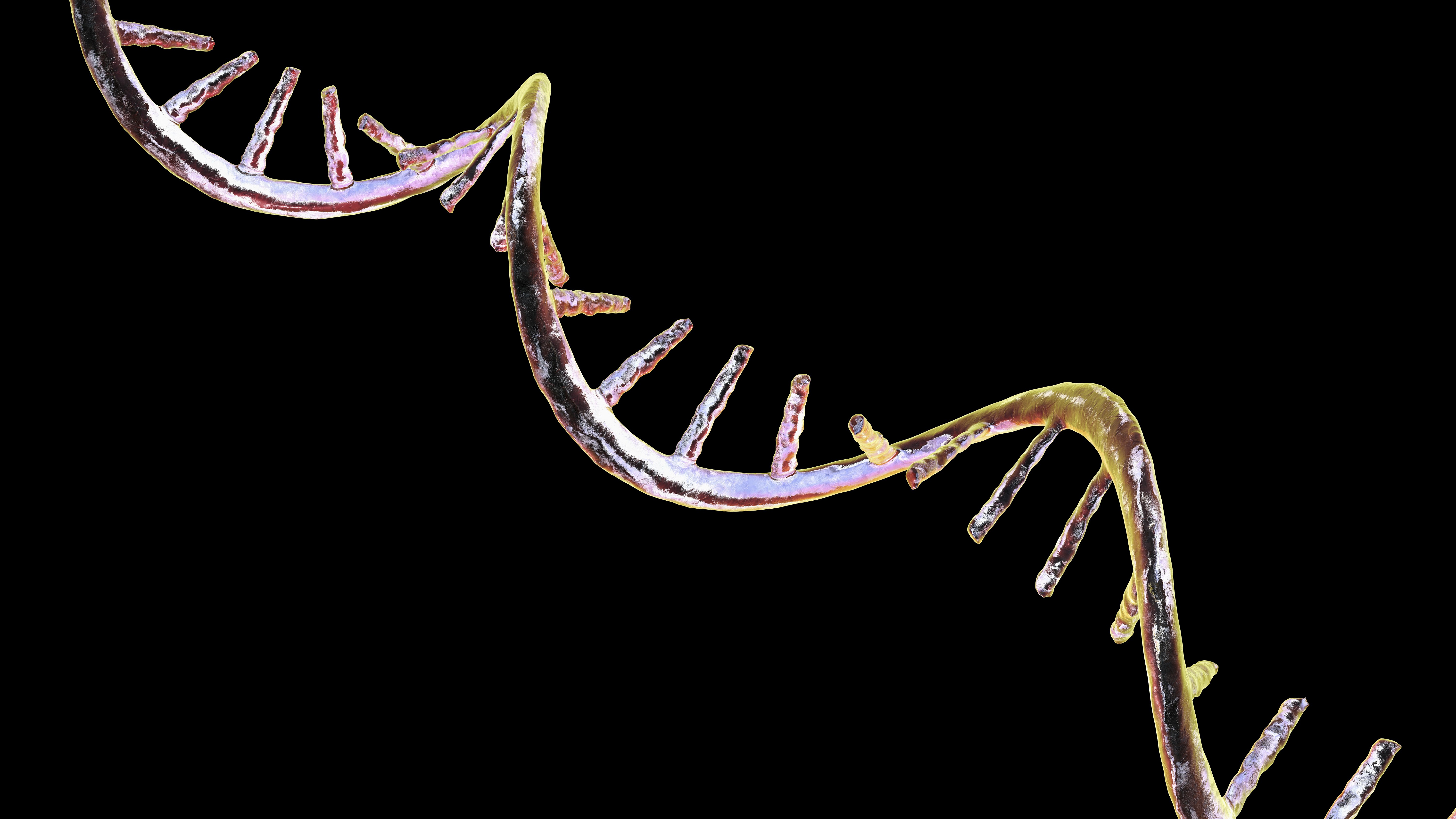Women Benefit More Than Men from Electrical Heart Therapy
Twice as many women as men benefit from an electrical therapy that prevents heart failure in at-risk patients, a new study suggests.
The treatment, called cardiac resynchronization therapy with defibrillator (CRT-D), successfully prevented heart failure in 70 percent of women, but only 35 percent of men, said study researcher Dr. Arthur J. Moss, a cardiologist and professor of medicine at the University of Rochester Medical Center in New York.
The therapy electrically stimulates the heart, shocking it back into a synchronized rhythm, Moss said. It strengthens the heart's ability to pump blood and coordinates its electrical activity.
"This resynchronization was originally used to treat patients with advanced heart failure, and now it can prevent heart failure in at-risk patients: patients with heart disease who haven't yet gone into heart failure," Moss told MyHealthNewsDaily. "This is very good preventive medicine."
The treatment may work better in women because men and women are likely to be at risk for heart failure for different reasons, Moss said. Women are more likely to have heart disease due to inflammation, while men are more likely to have coronary artery disease, which is the result of blocked arteries in the heart, Moss said.
Moss and his colleagues analyzed data from a 2009 New England Journal of Medicine study, which followed 1,820 people 25 percent of them women from the United States, Canada and Europe for 4.5 years.
The study compared survival rates of patients treated with CRT-D with those treated with an implantable cardioverter-defibrillator , which corrects cardiac arrhythmia by shocking the heart with electricity.
Get the world’s most fascinating discoveries delivered straight to your inbox.
By the end of the study, 11 percent of the women who'd been treated with CRT-D suffered heart failure or death, while 29 percent of women treated with the implantable cardioverter-defibrillator suffered heart failure or death. In men, 20 percent treated with CRT-D suffered heart failure or death, while 25 percent of men treated with an implantable cardioverter-defibrillator did.
Overall, 70 percent fewer women suffered heart failure with the CRT-D, and a 72 percent fewer died, the study said. Among men, 35 percent fewer suffered heart failure.
Still, that doesn't mean the therapy wasn't successful in men, Moss said. But the finding means doctors should consider personalizing the therapy to the people who can benefit the most people with heart disease due to inflammation, Moss said.
Heart disease affects 42 million women in the United States, and kills more women than men each year, according to the American Heart Association.
Researchers aren't sure why men and women have different susceptibilities to heart problems, Moss said. For example, women tend to have heart attacks later in life than men do about five years later than men do on average, Moss said.
"There's a lot of differences between men and women, and this is another one of them," Moss said.
The study was published today (Feb. 7) in the Journal of the American College of Cardiology.
Pass it on: A type of heart therapy better prevents heart failure in people with inflammatory heart disease than people with coronary artery disease. More women have inflammatory heart disease than men.
- Top 10 Leading Causes of Death
- 7 Diseases You Can Learn About From a Genetic Test
- 7 Cancers You Can Ward Off with Exercise
Follow MyHealthNewsDaily staff writer Amanda Chan on Twitter @AmandaLChan.



